We’re proud and excited to support the team efforts and amazing projects in our Ideas to Action program, part of the Refugee Livelihood Lab!
The entrepreneurs in our program are building worthwhile ventures to tackle challenges across a variety of sectors, including educational and awareness apps and games, and intentional opportunities for newcomers to showcase their skills.
The cohort includes some projects from our previous Beyond Borders program, as well as some new additions from the community. We’re glad to see the community supporting each other with connections and actionable advice!
The Trampoline: Ideas to Action program provides a safe space to test and grow plans for larger organizations focused on community impact, along with providing tools to do so. We look at how to practically embed social justice values into these emerging ideas. For instance we explore models that support employee economic control and ownership; look at how the venture aligns with community and ecological needs; and ask how we might leverage the assets of a venture to support greater social, economic, and political capital for refugee and newcomer communities. We’re thrilled to see these ventures grow.
Below, you can learn more about each of the cohort members and their experience.
Meet the 2019 Trampoline: Ideas Into Action cohort!
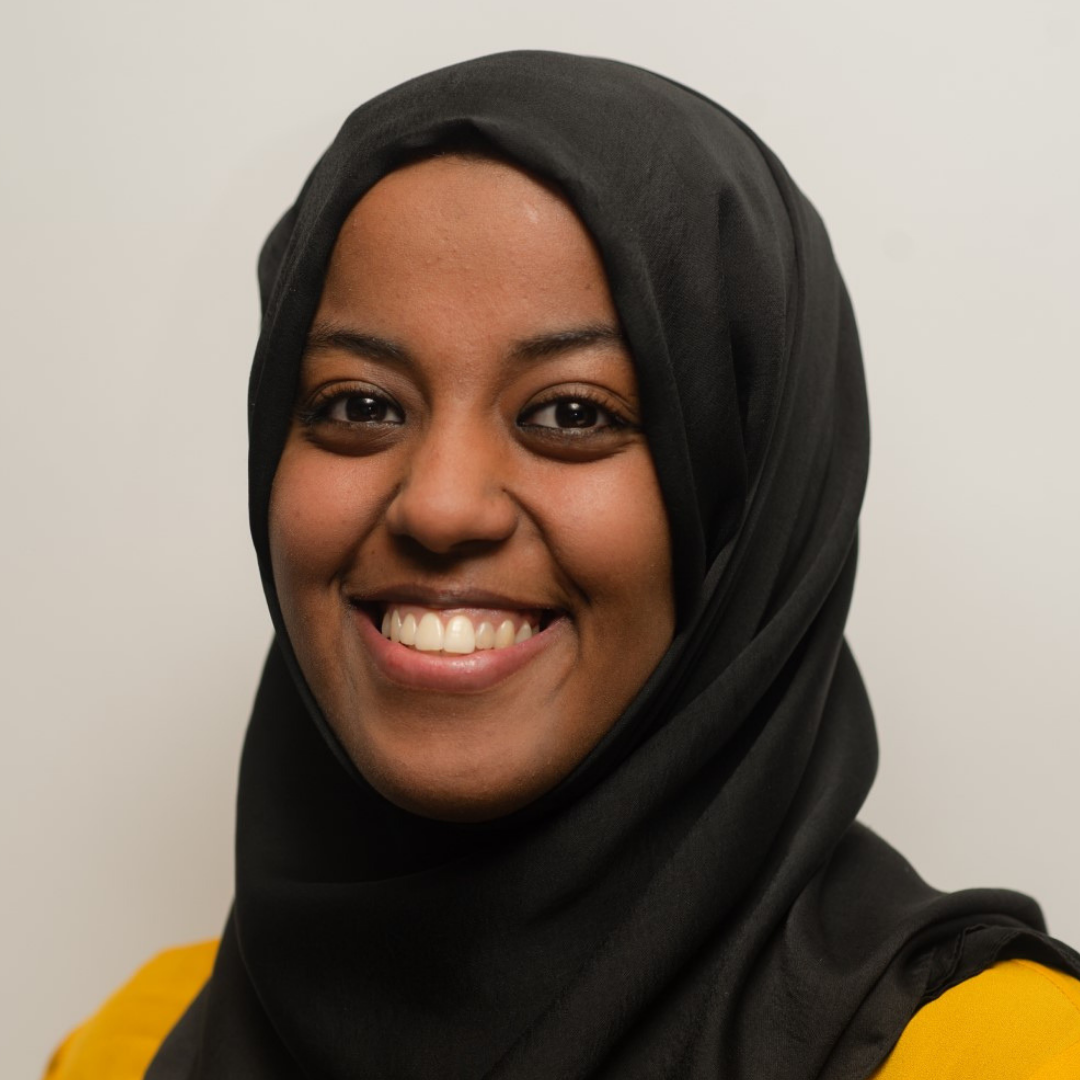
Munifa Ahmed moved to Canada in February 2017 from Saudi Arabia, originally from Ethiopia. As a global citizen, the rich exposure of different cultures and languages has shown her how climate change is affecting different communities. Currently she is focusing her passion and leadership skills to increase public awareness about how individual actions can have an impact on the climate: she joined the Beyond Borders cohort at SFU and founded the SmartMeat app. The SmartMeat app brings together her Web Development Certificate from BrainStation and Business Office Skills Certificate from Centennial College, and hopes to address two major global problems: climate change and climate induced migration!
For more info, kindly check the website.
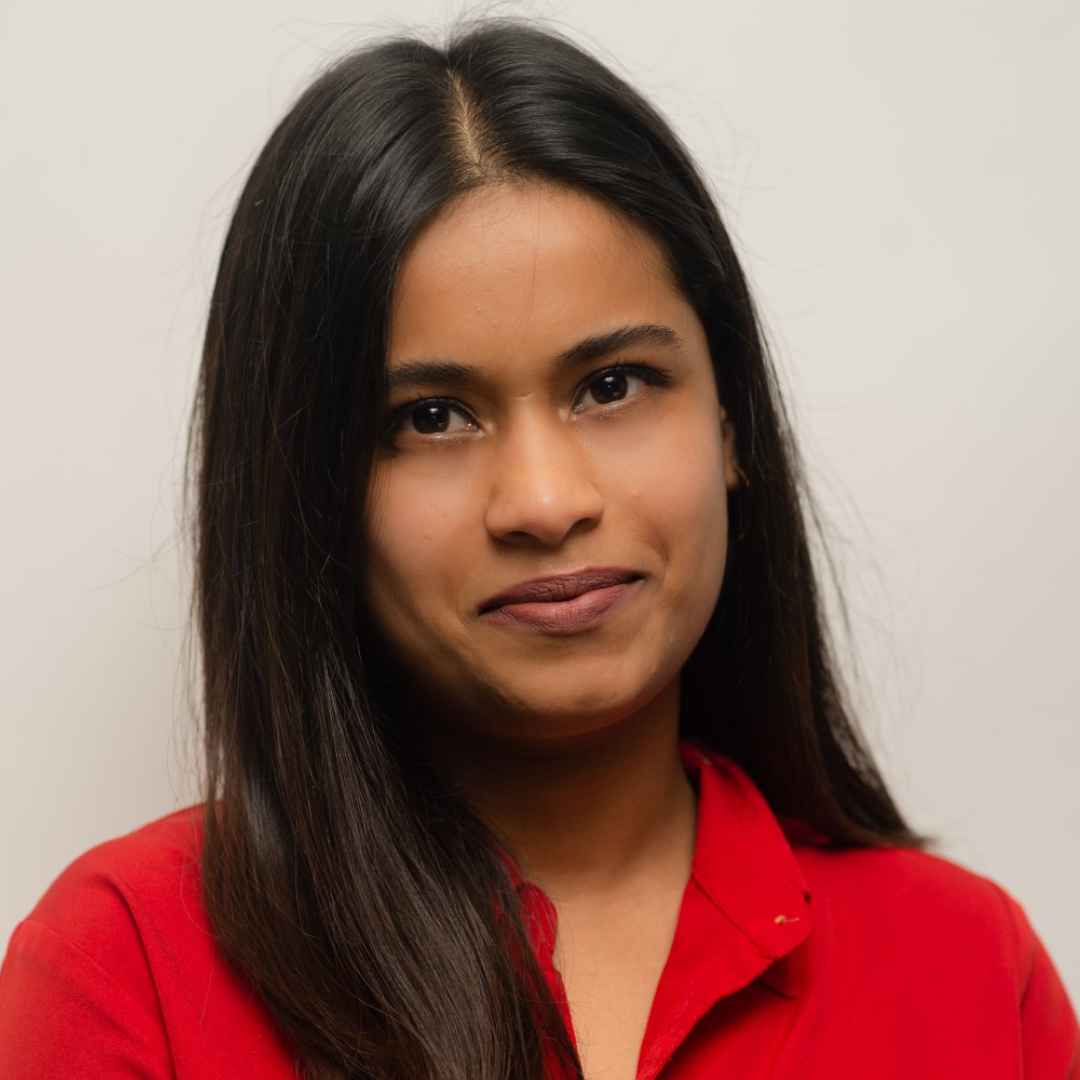
Born and raised in India, Mukhopadhyay is a recent graduate student from Emily Carr University of Art and Design. During her time there, her design work questioned social acceptance and its implications in the face of globalisation.He graduate research led her to design ‘IMMIGREAT’, an application for newcomers who find themselves trying to constantly balance the need to preserve their cultural values while trying to fit into a new society.
Mukhopadhyay co-designed this platform in collaboration with PICS, Surrey.The application allows newcomers to navigate around the city of Vancouver based on stories shared by peers who have been through similar experiences. It is a platform for newcomers to visualize a network they can depend on when they find themselves in unfamiliar environments and create a possibility of extending to real-life community building.The application and its core ideas were an inspiration to her TEDx talk called ‘Designing for Virtual Nations.’ With her efforts, Mukhopadhyay feels that this is a modest step towards breaking barriers of social segregation.
Contact: Prakriti.Mukhopadhyay1@gmail.com
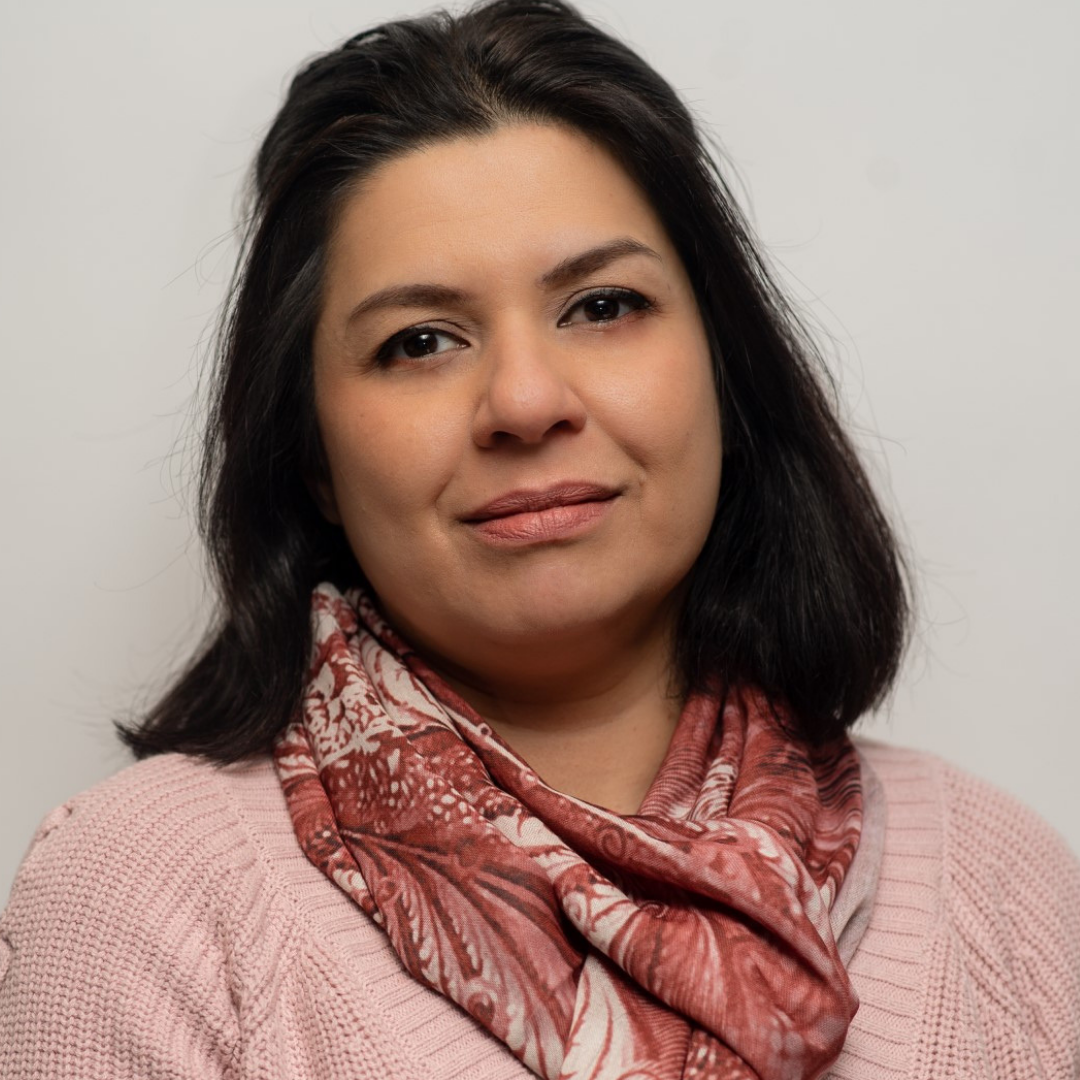
Ishtar Design (House of Handmade Items) started as an idea where East meets West. The opportunity sparkled and the founder, Duna Mushtaqi, continued to expand her purpose of empowering other refugee women to use their transferable skills. These skills often overcome language and cultural barriers, allowing women to express themselves and find fruitful compensation and even employment by carrying out traditional handiwork. Home is where we carry out our handiwork and create products, memories, and communities that go beyond international borders.
Contact: Ishtardesign4000@gmail.com
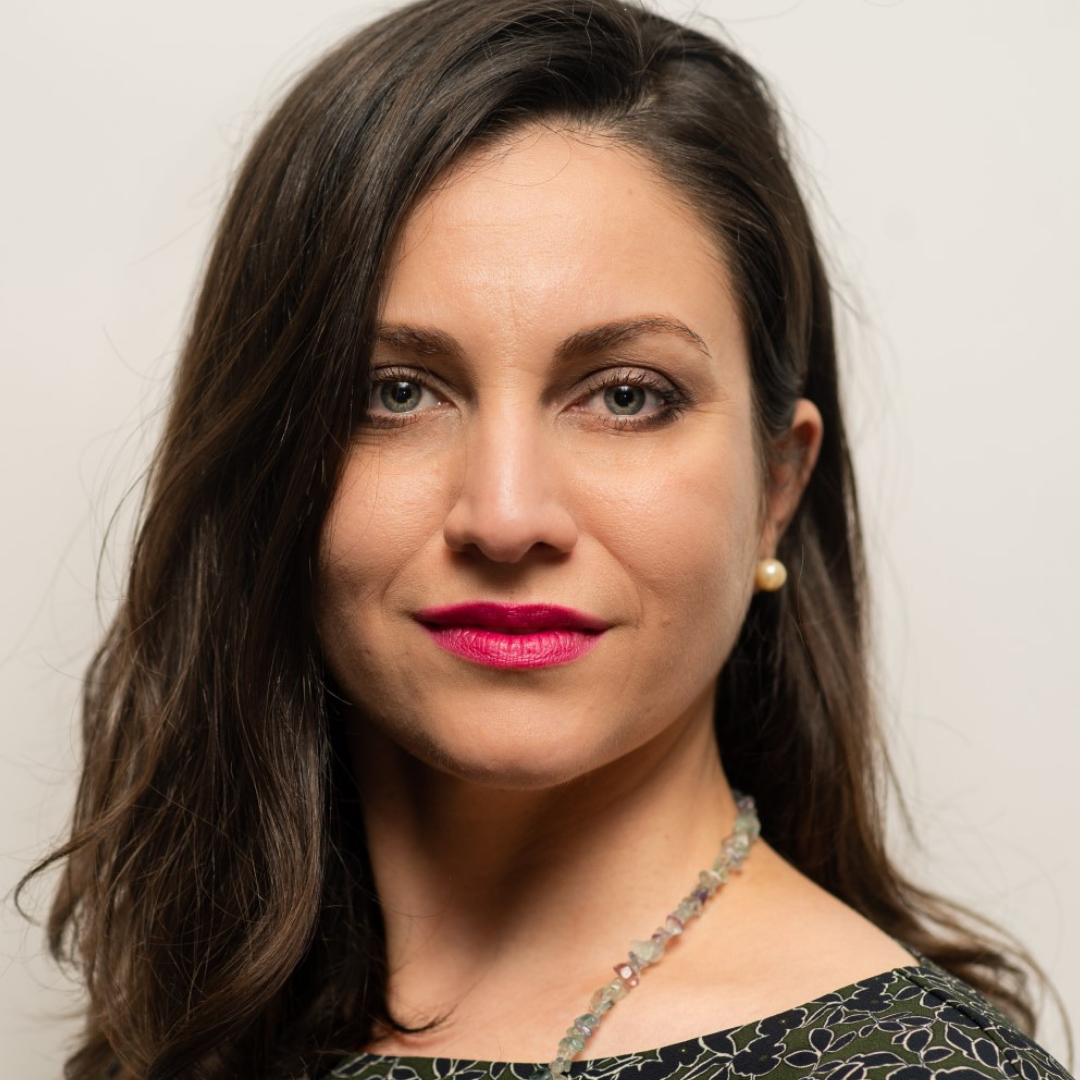
Use and Reuse take a minute to imagine planet earth without clean water or trees and instead, with thousands of old furniture and waste items everywhere. Sunan Alanbagi is concerned about this outcome and has created a way for every person to contribute to a sustainable future for our environment. Use and Reuse is a project which aims to upcycle different items such as table, chair, CDs, jewelry box and other small items which people have stopped using. The project collects old stuff by donation, gives these items a modern new look or changes them to a new purpose and sells them to let other people enjoy using them!
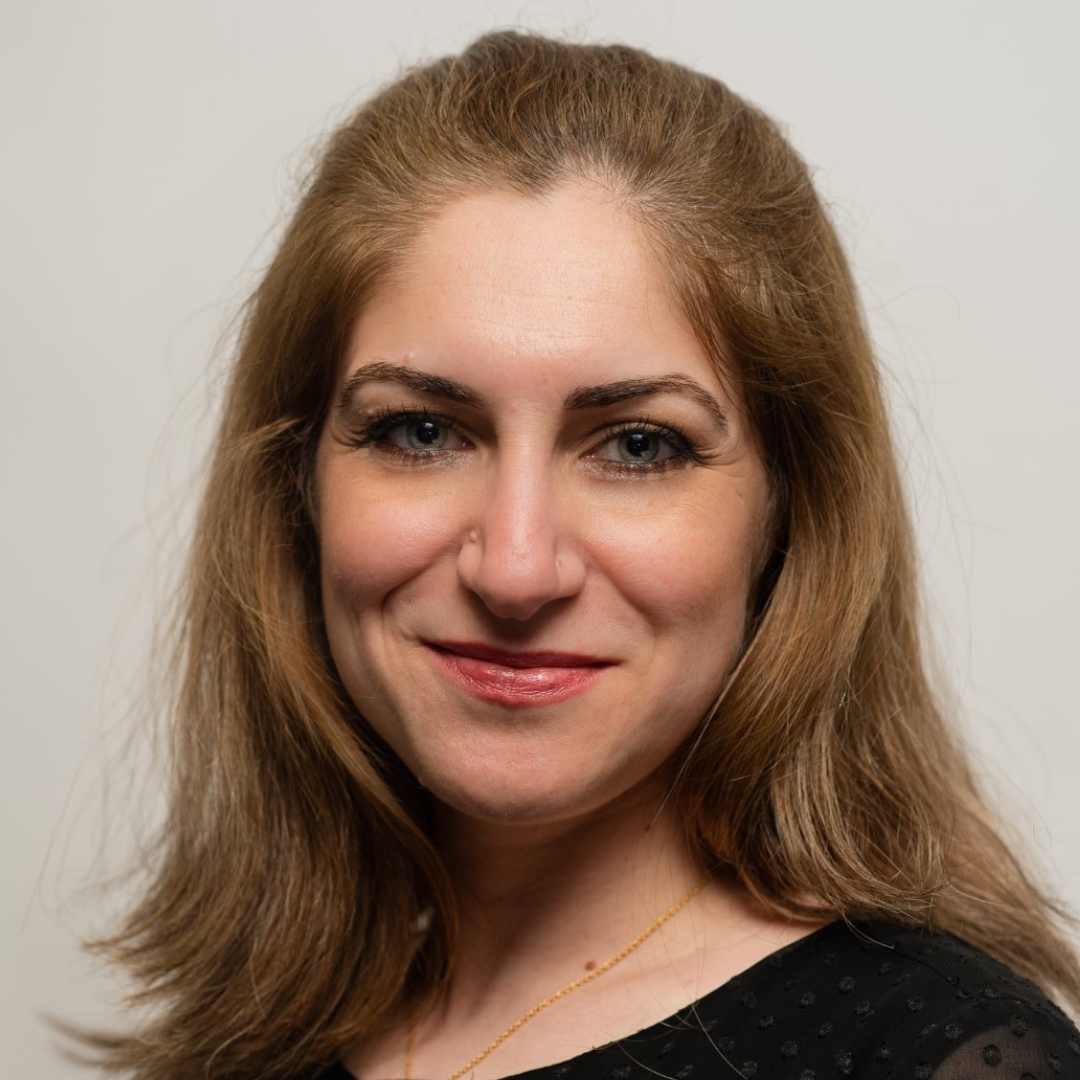
Mental Health Monitor is an application that helps newcomers with the challenge of how to record their mental health status and symptoms, eventually allowing them to share this info confidentially with their physicians. It works by keeping patient records and reports daily, weekly, or monthly, including patient health symptoms that could help their medical team to understand better the patient’s issue. Founder Ghessaq Alanbaki is designing Mental Health Monitor application with a user-friendly interface for non-technical users. The application is specified in dual languages (first Arabic and English) to help newcomers generate reports in their own language, and then translating into the physician’s preferred language.
Contact: ghesaq_alanbaki@yahoo.com
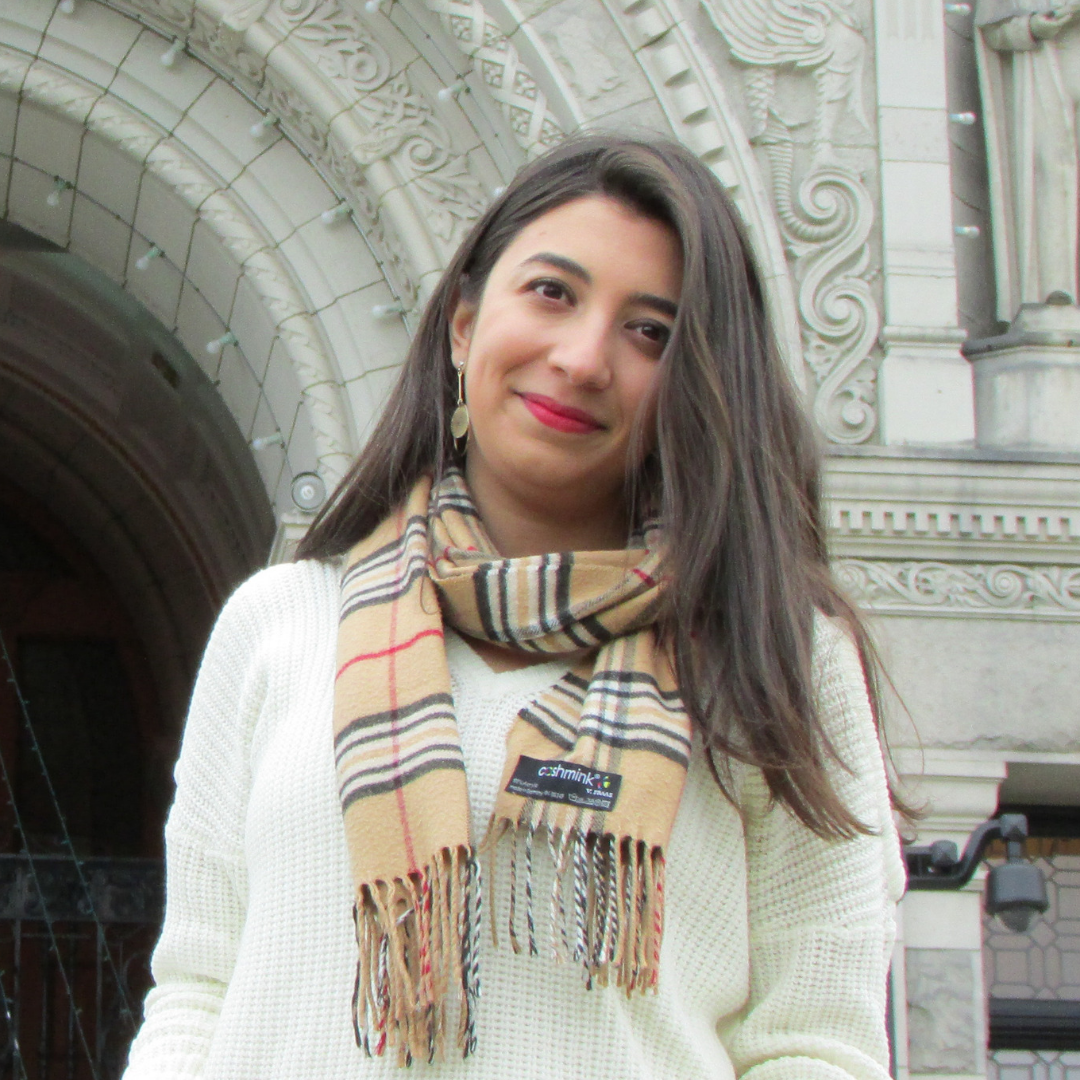
The Arab Cultural Center (AAC) of British Columbia aims to bring several forms of culture from Arab speaking nations such as: music, storytelling, theater, dance, literature and calligraphy, and provide the opportunity for people in BC to meet and explore the Arabic heritage through events that target all age groups. ACC will not only serve as a space for newcomers from the Arab region to nurture their own roots and express their passion about their rich Arabic heritage and culture, but also a hub for rich cultural exchange that is yet to exist in British Columbia. Farah Rawas & Farooq Al-Sajee have taken the project forward, and are interested to be in touch with the wider community – please reach out by email if you want more info!
Contact: farooq.al.sajee@gmail.com
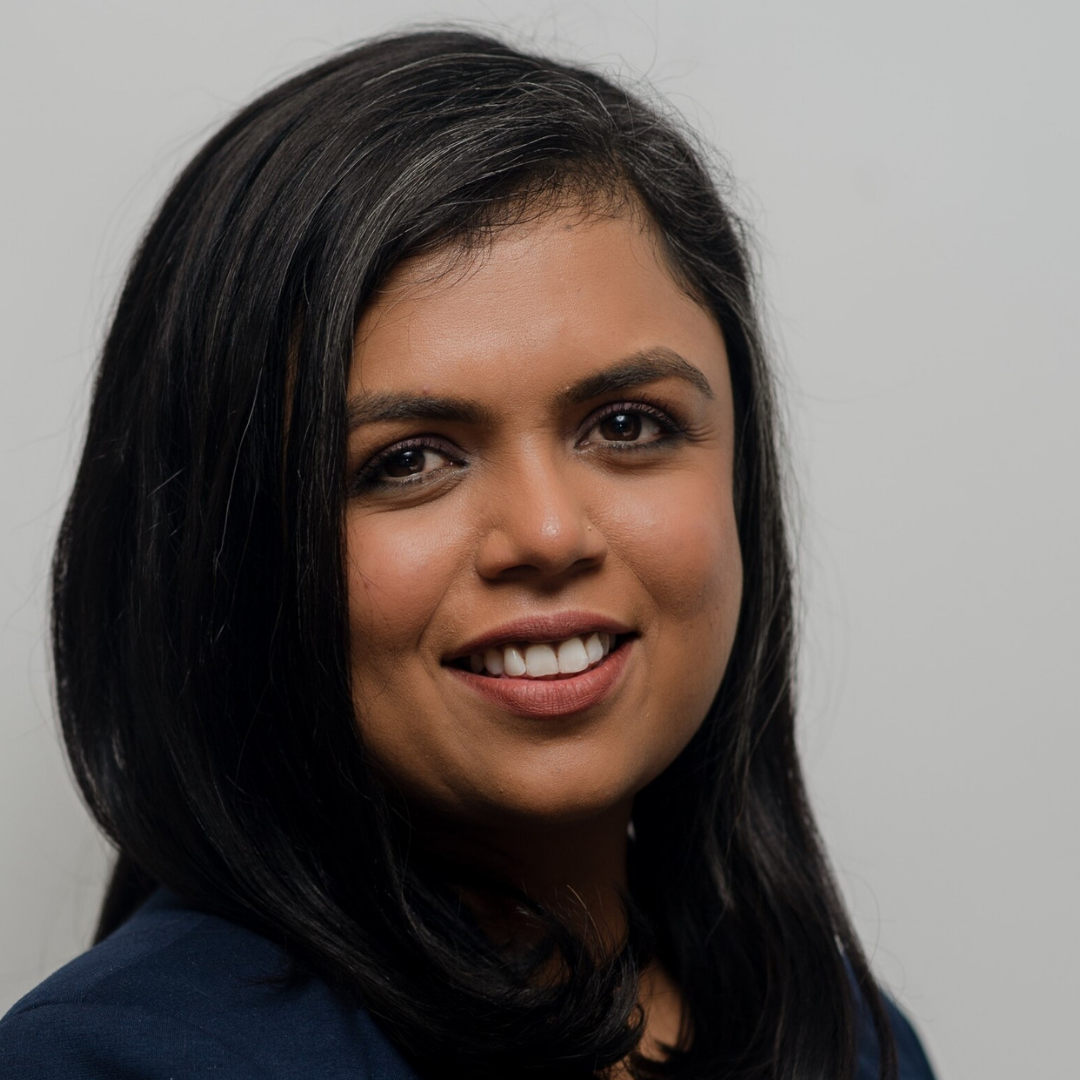
The ‘Social and Civic Engagement for Newcomers’ (SCENE) project will support newcomers and immigrants in overcoming existing barriers to civic and community engagement by using a multi-tiered framework and equipping them with the necessary tools to position themselves in civic and community based leadership roles. Being built by Mariam Bilgrami, the project will provide participants with trainings in the following topics: Board Fundamentals (basic and customized training), Intercultural Diversity and Inclusion, Dynamics of Power and Oppression, Healing Internalized Oppression, and Building Strong Relationships. Once participants have completed the aforementioned trainings, they will be guided through the application and nomination process led by MOSAIC’s Nominating Committee. Concurrently, MOSAIC will bring together various civic leaders from all sectors, communities and experiences to find innovative solutions for inclusion in leadership via a public forum where there will be opportunities for everyone to submit ideas and perspectives on what actions can be taken to diversify community and civic based leadership positions. Post-placement, MOSAIC will monitor outcomes and placement experiences, with the anticipated goal to convert the pilot project into a long-term program in building collective leadership capacity.
Contact: mbilgrami@mosaicbc.org
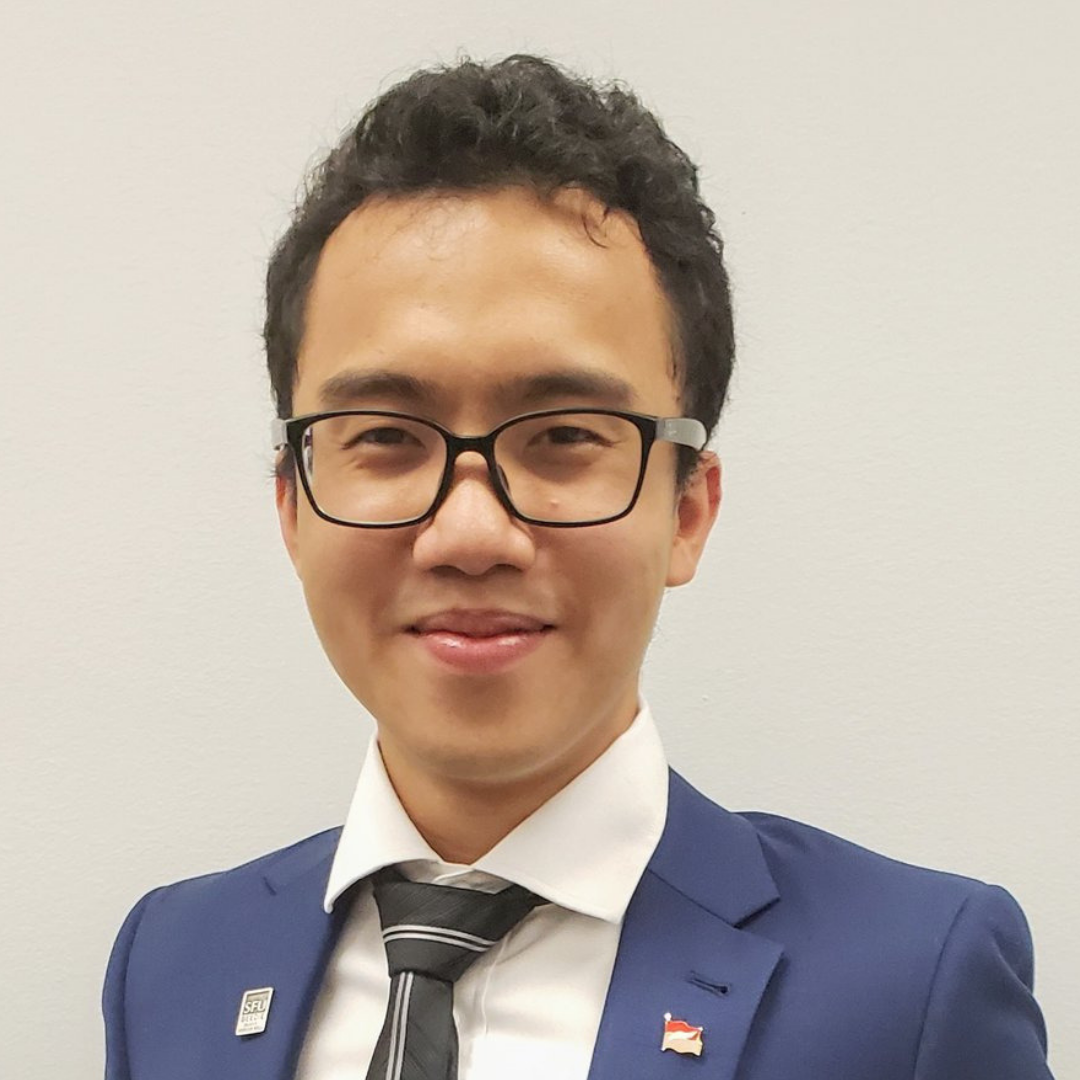
In his experience as a caseworker, Farizan Razie found out that the problems that the refugees and newcomers are facing are considered as systemic problems within our immigration system, problems that simply cannot be solved on a case-per-case basis. PowerHack is aiming to work on this issue by providing an alternative approach to validating foreign experience through a hackathon setting. PowerHack is a platform that provides refugees and newcomers with an opportunity to showcase their skills and experiences in front of a hiring manager. Through PowerHack, refugees and newcomers are put in groups to solve a problem that is presented by a sponsoring company or a hiring manager. They would then present their solutions to the hiring manager, with an opportunity for the hiring manager to hire any participants that they deem to be a good prospect from the process.
Contact: FarizanHRazie@gmail.com
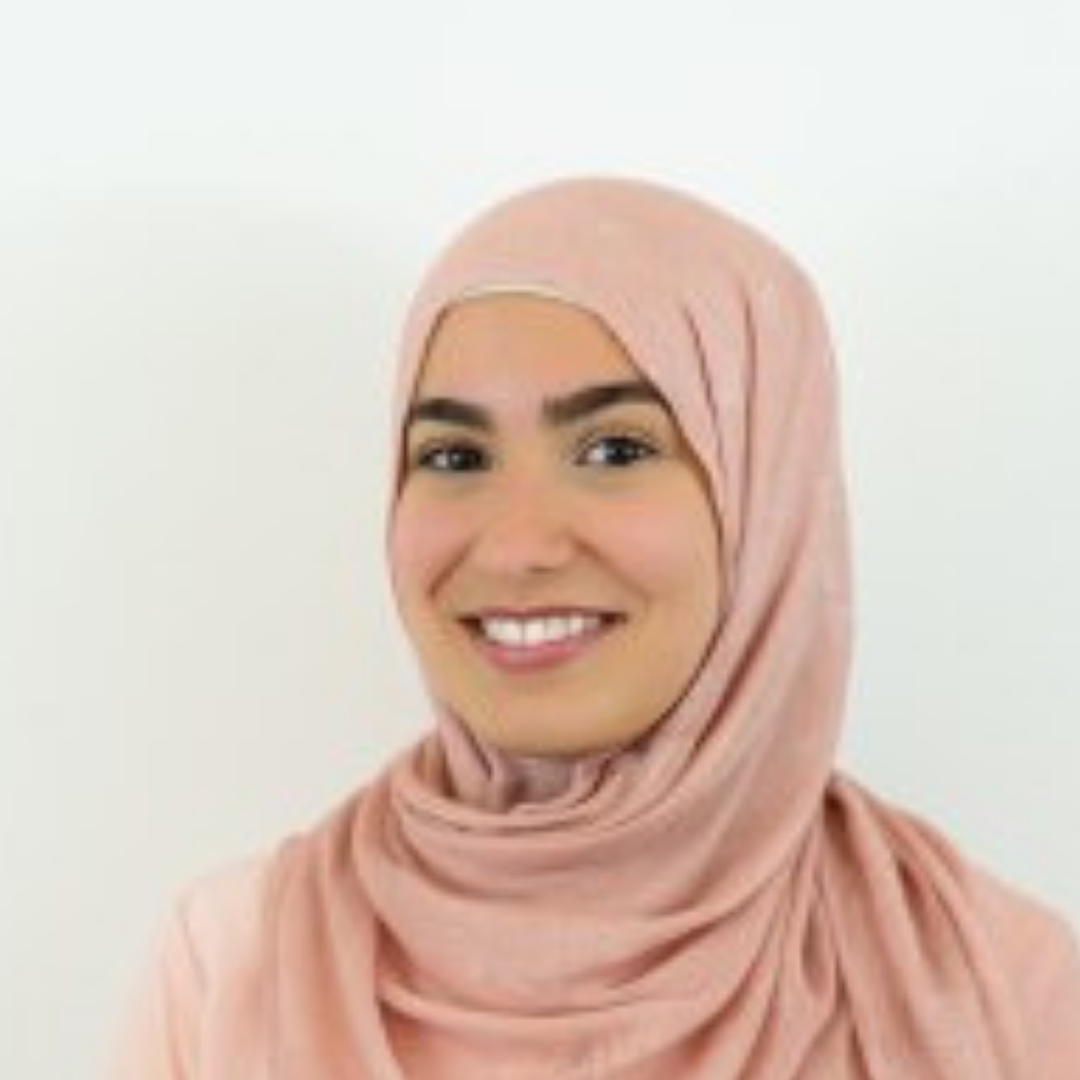
Zainab Ibrahim came to Canada ten years ago as a Refugee youth and is currently working on designing a board game to address stigma and discrimination towards refugee and immigrant students in high school. The game aims to help youth reclaiming their language and cultural identity. The game is currently being tested and has large potential for scaling beyond Vancouver through a managed replication process, where members of each expansion city in Canada can work alongside refugees and immigrants’ youth to design new connection points between cultures and places. The simple game is designed to help newcomers to reclaim their roots while settling here in their new home (Canada).
Contact: zainab_ibraheem@hotmail.com
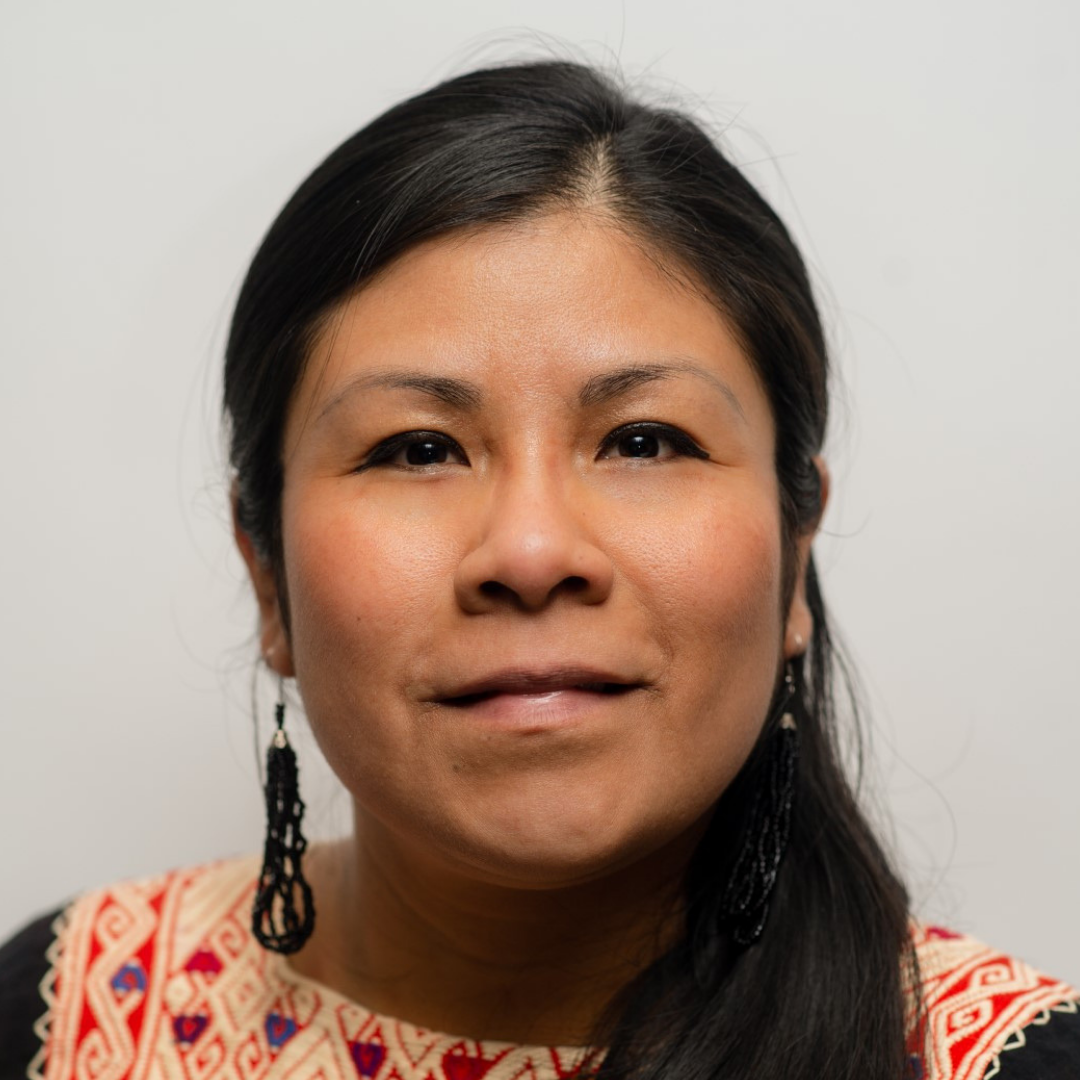
Anabel Lopez moved to Canada in October 2017, originally from the Mixteca region of the southern Mexican state of Oaxaca, one of the poorest in the country. Growing up and working in impoverished areas taught Anabel the challenges people in rural areas face in overcoming poverty, and this opened her eyes to the importance of stepping out of her comfort zone and being a member of the global community. With the desire and commitment to give back to her community Anabel founded Made in Oaxaca with the ultimate goal of building just, equitable and sustainable business practices by linking Oaxacan artisans directly to purchasers. This will allow artisans to fight poverty and stop leaving their families & communities of origin and risking their lives to find employment in the U.S. while trying to cross the Mexico-U.S. border.
Made in Oaxaca is an online fair trade platform where customers can purchase beautiful unique products handmade by artisans from Oaxaca, Mexico. Every purchase generates meaningful income for the artisans and their families.
